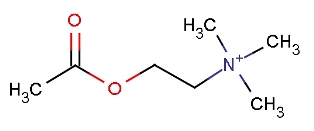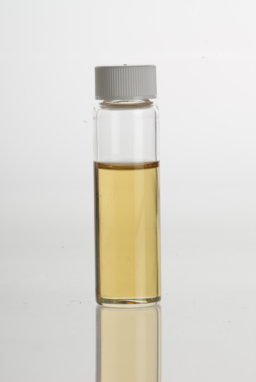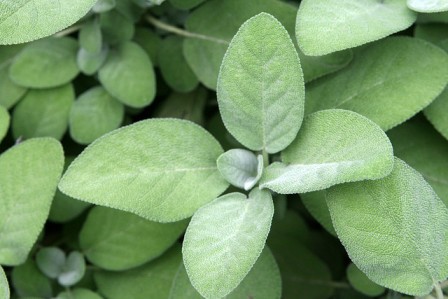
Facts
Sage is a multipurpose herb that not only tastes good, but can benefit one's health. Throughout history, people have used sage for medicinal purposes and now research is developing, reinforcing whether there is truth in the health benefits of sage.
There has been a great focus on the health benefits of sage. Possibly one of the most commonly known benefits is that it is ability to inhibit the oxidation of lipids. Foods with this property are more commonly known as antioxidants. The process of oxidation occurs when a molecule or atom loses an electron. Compounds always want to be stable, meaning the compound is satisfied with the amount of electrons it has. When the process of lipid oxidation takes an electron away from the compound, the molecule becomes unstable and extremely reactive. It is so reactive because of its "want" to gain an electron and to become stable once again. These highly reactive species are know as free radicals. High concentrations of free radicals within the body have been shown to cause diseases such as coronary atherosclerosis (hardening of the arteries), Alzheimers disease, and cancerogenesis. Also, lipid oxidization has been shown to be a cause of food spoilage. Many herbs that belong to the labiatae (Mint) family are also known to have antioxidant properties.
Mental Health
Recent research has shown that sage can actually help with some aspects of mental health. The essential oils in sage have been shown to inhibit cholinesterase group enzymes. These enzymes are present in synapses and break down neurotransmitters, such as acetylcholine. Acetylcholine is an important neurotransmitter associated with regulation of skeletal muscle and cardiac muscle. In addition, it is associated with learning, memory, and mood. To learn more about acetylcholine, click here.

In a recent study, essential oils from sage were given to subjects
in capsule form and effects on their mood, alertness, and memory
were tested. The hypothesis was that the essential oils in sage
would increase subjects' mood, alertness, and memory by inhibiting
cholinesterase group enzymes. During the experiment, one group was
given placebos that did not contain any
essential oils from sage and
the other group received capsules containing the oils. After a short
time period their mood, memory, and alertness were tested. Young
subjects experienced an improvement in mood along with incr eased
calmness and alertness. Elderly subjects showed the greatest
improvement in task performance and attention. The group given the
placebo showed little to no improvement. Near the end of the study,
the authors discussed alternate mechanisms within the body that
could be affecting subjects that were not tested in their
experiment. They concluded that the essential oils of sage helped
improve mood, alertness, and memory by inhibiting cholinesterase
enzymes, but further investigation is needed to determine other
mechanisms that could also be causing an increase in mental health.
eased
calmness and alertness. Elderly subjects showed the greatest
improvement in task performance and attention. The group given the
placebo showed little to no improvement. Near the end of the study,
the authors discussed alternate mechanisms within the body that
could be affecting subjects that were not tested in their
experiment. They concluded that the essential oils of sage helped
improve mood, alertness, and memory by inhibiting cholinesterase
enzymes, but further investigation is needed to determine other
mechanisms that could also be causing an increase in mental health.
Anti Inflammatory
Throughout history sage has been a part of natural healing and it was commonly used as an anti-inflammatory agent. Sage's essential oils are the part of the plant that make it so successful at reducing inflammation. One of the major chemical compounds that makes it most useful against inflammation is ursolic acid. These essential oils are secreted from the plant and are used in a topical treatment to reduce swelling. In addition, Sage helps reduce inflammation in the throat. In traditional medicine, tea that was brewed from sage leaves was used to help against painful sore throats.
The Essential oils in sage and many other aromatic herbs can have antimicrobial properties. In traditional medicine especially, sage had an effect on sore throat and inflammation. The essential oils of sage affect bacteria by targeting their cells membranes and causing imbalances of ion flow, and enzymes which lead to inhibited growth and death of bacteria. This is especially effective against gram positive bacteria that have a large peptidoglycan wall. Gram negative bacteria have a higher resistance to the oils because of their reduced peptidoglycan wall and a lipopolysaccharide layer that acts as extra protection making it more resistant (See picture on right).
To see some more interesting facts about another organism, check out Tobacco.
Another interesting fact is that there are tons of dishes that use sage as flavor and they are delicious! To check out these recipes and other food uses, continue to Food Use & Recipes.
To see many other interesting and important organisms, check out the Multiple Organisms web page.

